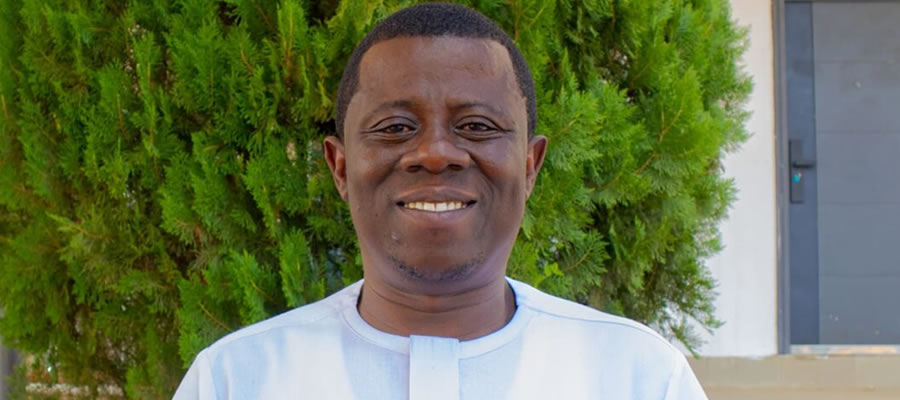

Agriculture
Agriculture is the linchpin of the Municipal economy. The occupation structure of the Municipality indicates that seventy eight percent (78%) of the economically active population are engaged in Agriculture, Forestry and Fishing activities.
In addition to cocoa, the main crop grown, the Municipality also produces oil palm, rubber, citrus and coffee on small scale as cash crops. The major food crops grown include plantain, cassava, rice and maize.
The favourable climatic conditions, high soil fertility, humane land tenure arrangements and high commitment from the chiefs and elders make the district a potentially viable destination for investments in agricultural business and agro processing.
Lumbering
The Municipality has nine (9) forest reserves. The forest reserves abound with a lot of economic timber species with the major timber species being Wawa, Odum, Mahogany, Emire, Sapale, Ofram, and Asanfena. The rich forest resources especially, timber species have attracted 17 timber firms, which are logging timber for processing outside the Municipality.
There are also two (2) large scale timber processing firms namely Samratex Timber and Plywood Company and General Development Company located at Samreboi and Takoradi (outside the Municipality) respectively which have large concessions off forest reserve areas in the district and process mainly for export.
Local processing of timber in the district is limited to bush mill and illegal chain saw activities, the latter of which the Assembly is seriously discouraging due to the high level of waste involved. The limited access to lumber products by the several artisans in the wood products manufacturing sector and the demand for constructional activities have greatly challenged the Assembly to encourage investors into the Municipality to undertake large scale environmentally friendly and sustainable processing of lumber for export and for the local market.
Livestock Production
The rearing of animals such as sheep, poultry and cattle on large scale is being undertaking by some farmers in the Municipality. The high demand for animal protein makes poultry farming and sheep rearing potential areas of investment in the Municipality.
The presence of forage plant species such as elephant grass and guinea grass ensures year round herbage for the consumption of cattle and Sheep.
The District Agricultural Development Unit has veterinary services section with efficient staff to provide the livestock farmers with the needed technical services.
Fish Farming
Fish is one of the major sources of animal protein for the people in the district. Fish is also widely eaten in Ghana because it is affordable to both the poor and the rich. The widest consumption it enjoys is because no religion debars its followers from consuming it.
The remote nature of the Municipality’s location from the coast makes access to fish for meals difficult and expensive. The presence of large tracts of water logged areas within the district provides the greatest opportunities for private investors and community members to take up fish farming to reap the advantages of large markets available locally and outside.
There are over 90 fish ponds dotted over the Municipality with an outstanding example from Asuoklo where about 40 fish ponds are managed. An investment outlay in this sector promises to be mutually beneficial to all.
Commercial Fish Farming enterprises are undertaken in communities such as Asuaklo and Dadieso. Fingerlings supply to the farmers is obtained from Sefwi Wiawso hatchery.
The District Agricultural Development Unit has qualified technical officers with the requisite skills to provide backstopping to the fish farmers.
Date Created : 11/17/2017 8:26:03 AM











 facebook
facebook
 X
X
 Youtube
Youtube
 instagram
instagram
 +233 593 831 280
+233 593 831 280 0800 430 430
0800 430 430 GPS: GE-231-4383
GPS: GE-231-4383 info@ghanadistricts.com
info@ghanadistricts.com Box GP1044, Accra, Ghana
Box GP1044, Accra, Ghana